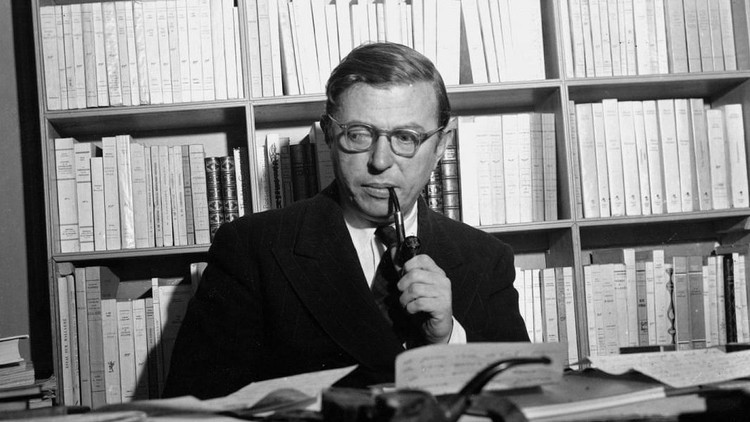
A Brief History of Existentialism, Chief Features, Problems related to Human Existence, Sartre’s Philosophy
What you will learn
Description
This course is designed for Phil 101 course on Sartre’s Existential Philosophy. The course has two parts. The first part of this Philosophy course covers the brief history, origination, source, and chief features of Existential Philosophy. It also discusses the novel problem regarding human existence addressed by the Existential Philosophers. Then this lecture focuses on Jean Paul Sartre’s Existentialism. This course elaborates Jean Paul Sartre’s three existential realizations about human life and existential crisis. The second part of this course addresses some important and interesting questions that can be raised from Sartre’s Existential philosophical movement. Through this discussion, this course covers the topics of the distinction between two kinds of freedom, whether freedom can be in its absolute sense, in what sense Sartre’s existentialism resemblance with determinism. This course also covers interesting topics such as existential psychoanalysis, Transactional Analysis, and their relations with existentialism. In this regard, it elaborates on Eric Barne’s three states of ego and their comparison with Freud’s Psychic Ego. This course also explores how transactional interaction can be communicated in terms of OK and Not Ok. It also explains the four basic possible life positions which an individual can choose in terms of OK and Not ok. Finally, at the end of each part, this course offers food for thought for its learners.
‘;
}});
